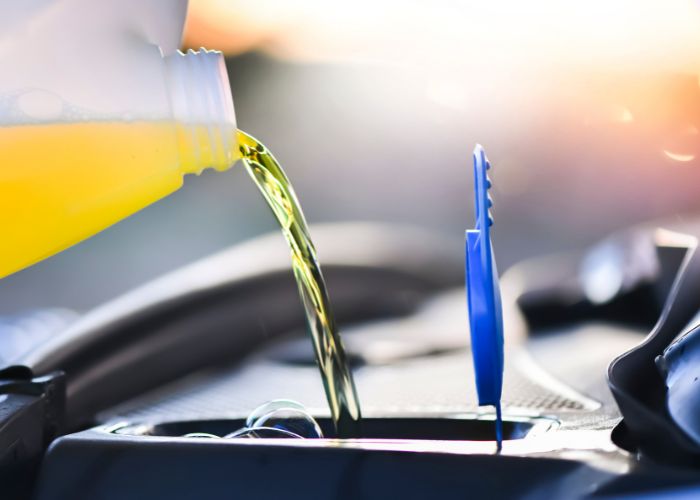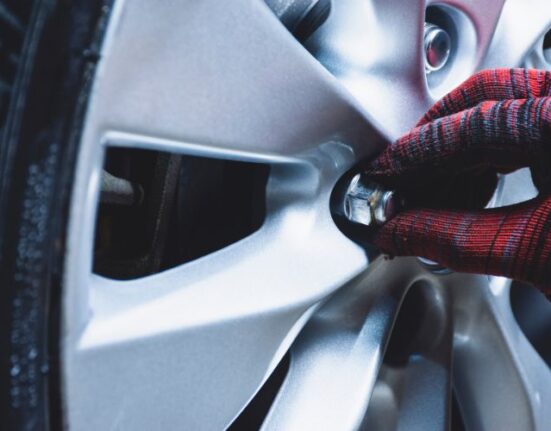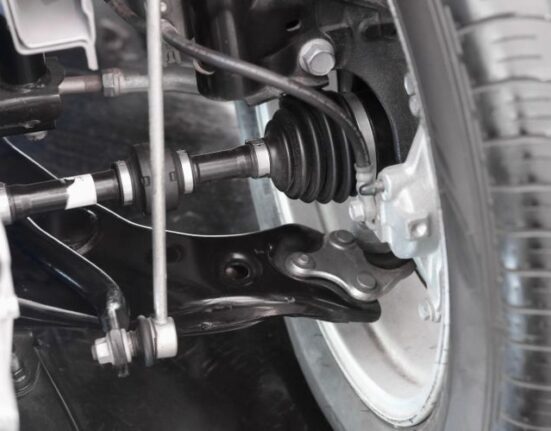Extreme heat can have a profoundly negative effect on your vehicle. The idea is that many essential fluids that keep your motor running may dry up and leave you with an unsafe engine. Many drivers don’t check their fluid levels as often as they should, and that can cause some significant problems when the weather is hot. Explore a few of the car fluids to regularly check during the summer months and help keep your vehicle in proper working order.
Coolant
Coolant helps prevent your engine from overheating, which is doubly important when you’re dealing with extreme outdoor heat. Driving with an overheating engine is ill-advised, irresponsible, and dangerous because of the strain it puts on your vehicle. Many of the moving parts don’t handle the extreme heat well, which can result in them breaking down. Along with keeping your coolant at an appropriate level, you need to remember to use a 50/50 mix of coolant and water. Summer is a great time to check the levels and ratio to ensure everything works as intended.
Motor Oil
The oil helps lubricate all the moving parts of your engine and helps prevent them from grinding and wearing down faster. No matter what type of engine you have, gasoline or diesel, you won’t get very far if your oil levels are too low. Fortunately, most engines provide an easy way to check your oil levels. Regular oil changes are important for any vehicle, so you may want to get a professional oil change to make sure everything is moving smoothly. Many drivers set specific dates or mileage for their oil changes, but we recommend keeping a closer eye on it during the hotter season.
Brake Fluid
Unsurprisingly, having working brakes is one of the critical things that your vehicle needs. One of the essential car fluids that you should check during the summer months is your brake fluid level. This liquid is in a sealed container, unlike oil or coolant, so managing it is slightly more complicated than simply adding more. You can always check your brake fluid reservoir and check the levels. If it seems low, we suggest bringing your car to a professional. Low brake fluid may also mean that you need new brake pads. You can safely fill up your levels and get newer, more responsive brakes in a single trip.

















